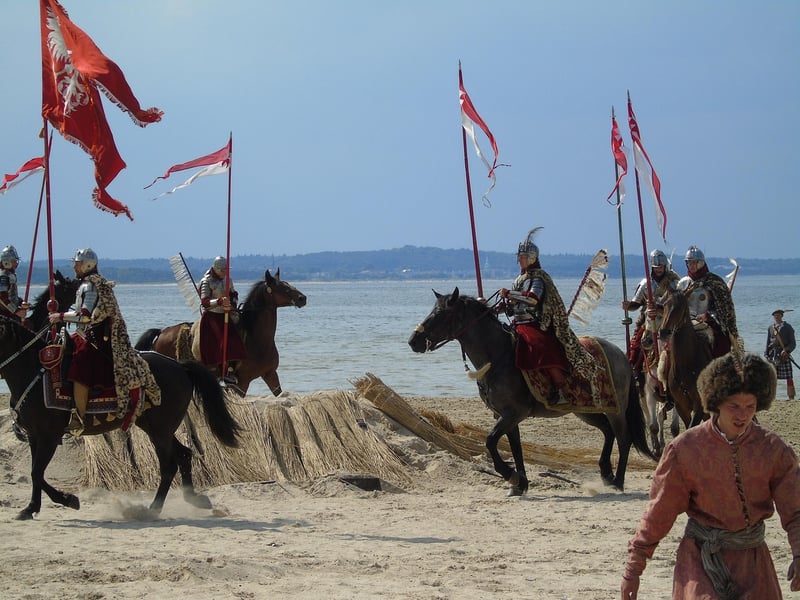Historical Events
Exploring Time Periods and Historical Events
History is a fascinating subject that allows us to delve into the past and understand how events, people, and cultures have shaped the world we live in today. By exploring different time periods and historical events, we can gain valuable insights into the complexities of human civilization.
Ancient Civilizations
Ancient civilizations such as the Egyptians, Greeks, Romans, and Mesopotamians laid the foundation for modern society. From the construction of the pyramids to the development of democracy, these cultures made significant contributions to art, architecture, philosophy, and governance.
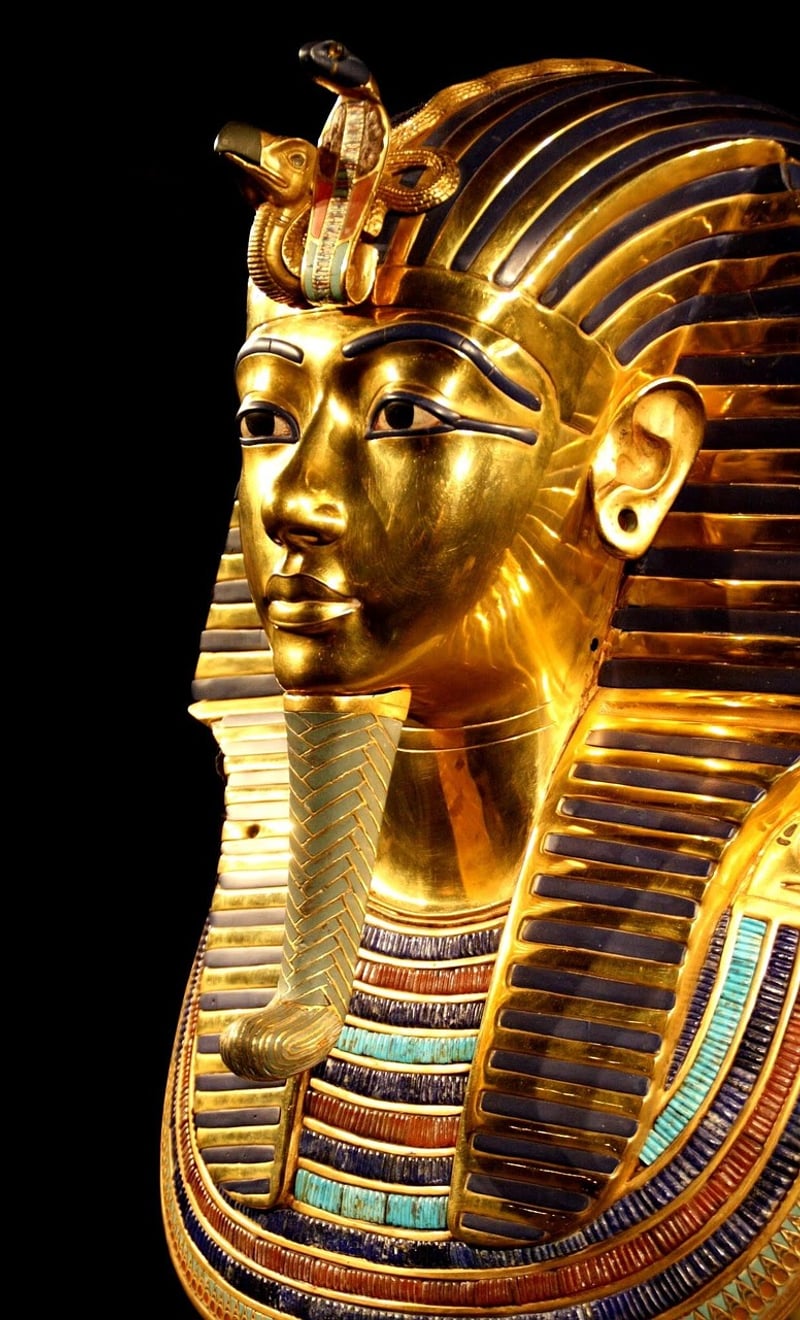
The Middle Ages
The Middle Ages, also known as the medieval period, spanned from the 5th to the 15th century. This era witnessed the rise of feudalism, the spread of Christianity, and the construction of magnificent cathedrals. It was a time of knights, castles, and epic battles.
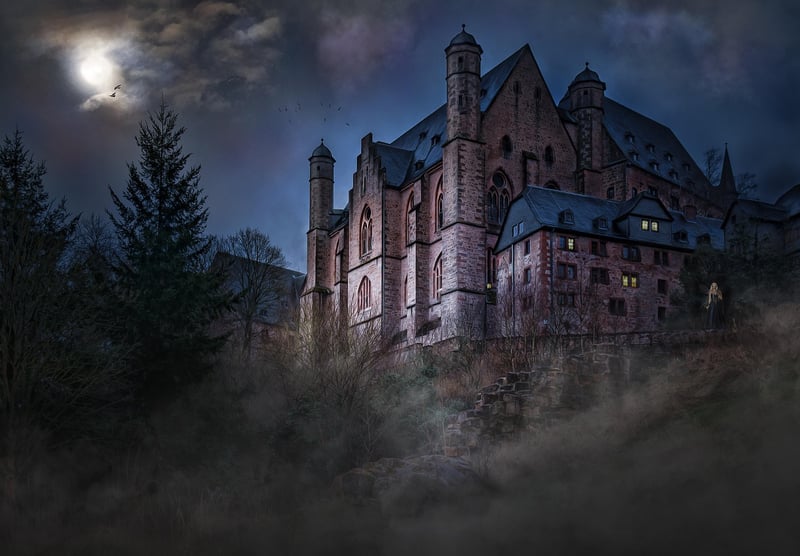
The Age of Exploration
The Age of Exploration, starting in the 15th century, saw European powers embark on voyages of discovery to find new trade routes and expand their empires. Explorers like Christopher Columbus, Vasco da Gama, and Ferdinand Magellan opened up new frontiers and connected distant lands.
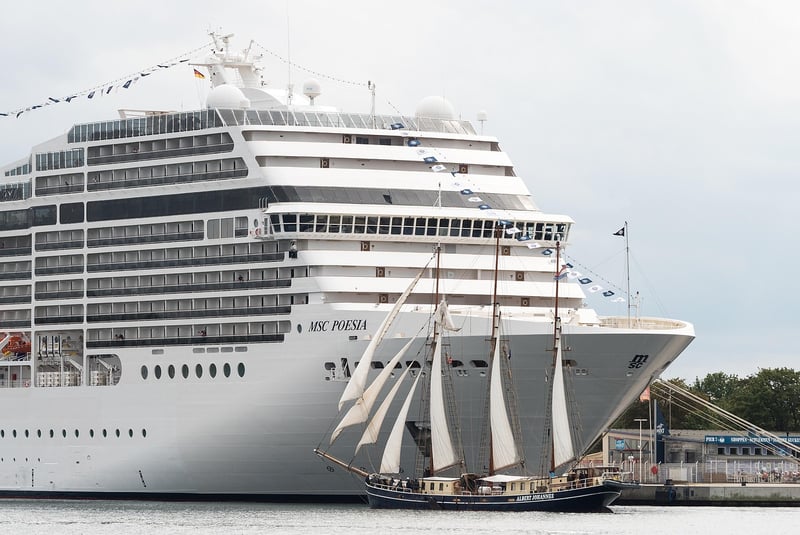
The Industrial Revolution
The Industrial Revolution, which began in the 18th century, transformed society with the advent of mechanized production, steam power, and urbanization. This period marked a shift from agrarian economies to industrial economies, leading to significant social and economic changes.

World Wars
The 20th century saw two devastating World Wars that reshaped the geopolitical landscape. World War I and World War II had far-reaching consequences, including the rise of new superpowers, the establishment of international organizations like the United Nations, and advancements in technology and warfare.
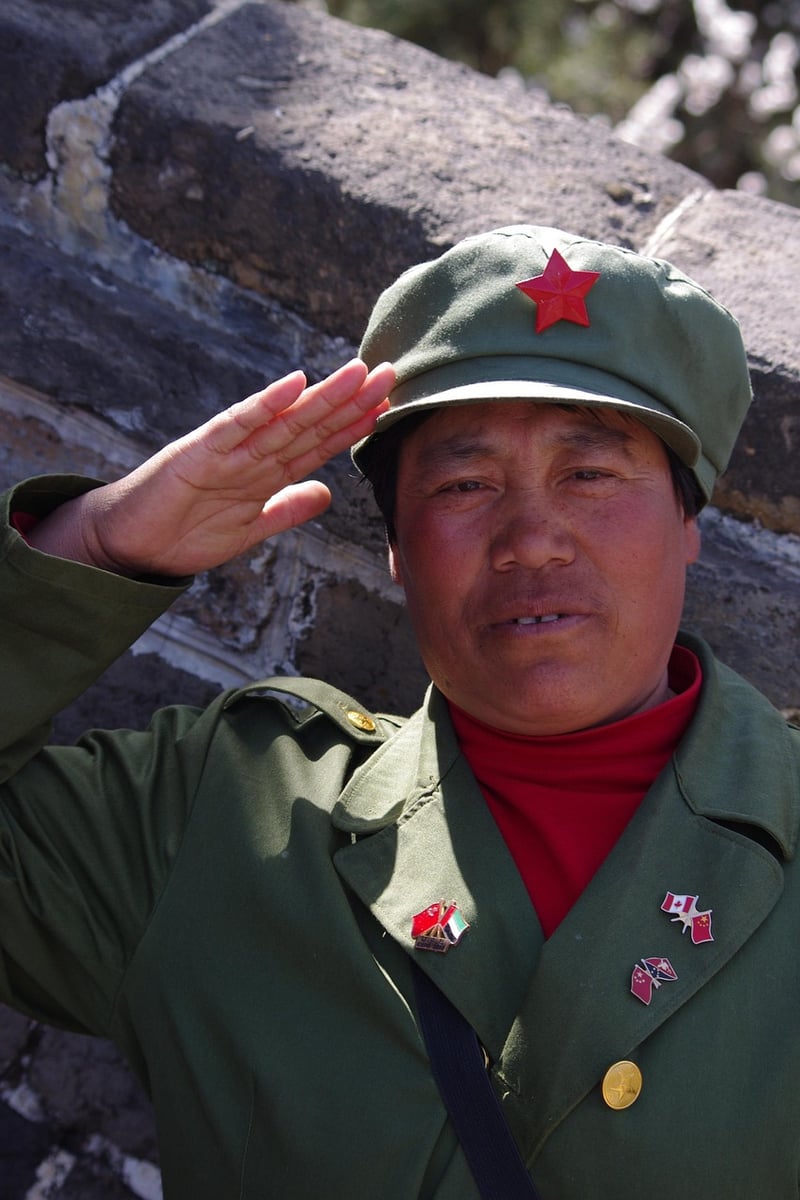
Conclusion
Exploring different time periods and historical events is not only a journey through the past but also a reflection on the present and a glimpse into the future. By understanding where we come from, we can better navigate the complexities of our world today.
